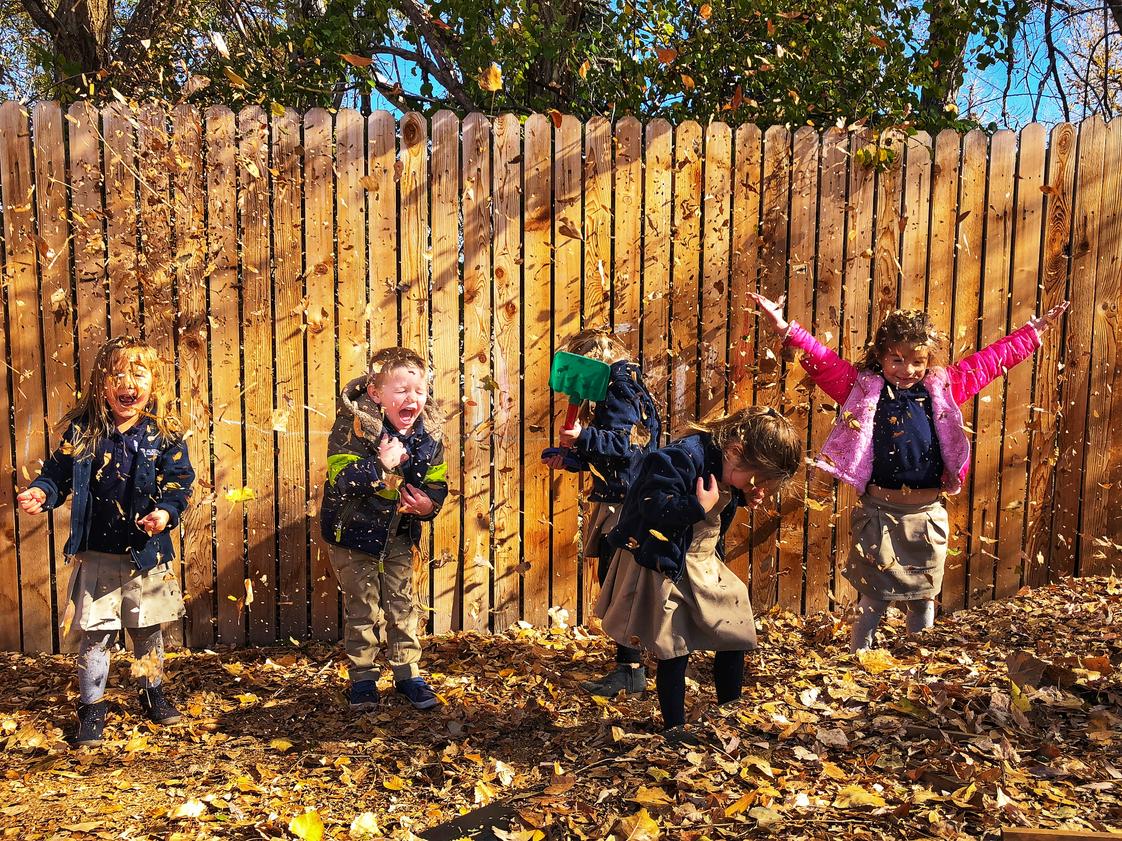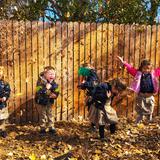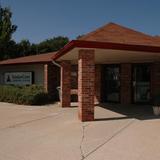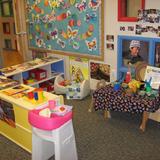Founded in 2011, Augustine Classical Academy (ACA) is a preschool-12th Christian classical school located in Lakewood, CO, a suburb of Denver, Colorado.
With a student population of 265 students for the 2025-2026 academic year, our mission is to equip youth to know, love, and practice what is true, virtuous, and beautiful for the glory of God and the good of all people.
Quick Facts (2026)
- Top-Ranked CO School
- Grades: Prekindergarten-12
- Enrollment: 266 students
- Yearly Tuition: $10,620
- Application Deadline: None / Rolling
- Source: Verified school update
Top Rankings
Augustine Classical Academy ranks among the top 20% of private schools in Colorado for:
Category
Attribute
Student Body
School Overview
School Membership(s)School Assoc.
Religious Affiliation
Grades Offered
Grades Prekindergarten-12
Year Founded
2011
School Calendar
Last Day of School
Mon. May 25, 2026
Student Body
Total Students
266 students
Student Body Type
Co-ed
% Students of Color
16%
State avg.: 25%
Students by Grade
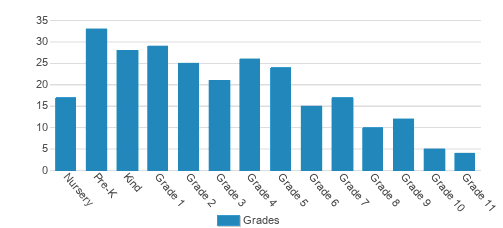
Academics and Faculty
Total Classroom Teachers
33 teachers
Student-Teacher Ratio
8:1
National avg.: 13:1
% Faculty w/Advanced Degree
27%
List of Courses Offered
Classroom Dress Code
Formal
Tuition and Acceptance Rate
Admission Deadline
None / Rolling
Yearly Tuition Cost
$10,620
Tuition Notes
2025-2026 Academic Year Tuition:
Preschool & Pre-K: Depending on schedule
Grades K-5: $10,620
Grades 6-8: $11,135
Grades 9-12: $11,900
Homeschool Collaborative: $5,060
% on Financial Aid
30%
Admissions Director
Kiley Crossland
Application URL
Sports
Total Sports Offered
5 sports
Extracurriculars
Total ExtracurricularsTotal Extra-curric.
3 extracurriculars
ExtracurricularsExtra-curric.
Club or Organization:
Arts and Music Programs:
Speech and Debate
Arts and Music Programs:
Drama ClubTheater Production
School Notes
- School Mascot: Knights
- It teaches all subjects as components of an integrated whole, created and ordered by God.
- It cultivates wisdom and virtue by feeding the mind and soul works that are true, good, and beautiful.
- It fosters in students a love of learning and equips them with tools for a lifetime of discovery.
- An educational approach that recognizes the centrality of Christ
- Staff devoted to creating nurturing, gracious, and orderly classrooms
- A community devoted to educating the whole child
- Small class sizes with no class larger than 16 students
- A commitment to making this high-quality private education affordable for all families
Today`s classical, Christian education takes richness of content-literature, mathematics, science, grammar, art, history, music, Latin, logic, rhetoric-and combines it with some of what we know now about a child`s natural brain development. Supporting this time-tested methodology is a posture of worship to the Living God who is the Good Author of all there is to know, all there is to teach, and all there is to learn.
In the grammar phase (roughly K-5), students learn the fundamental rules and elements of each subject. We know that children at this age enjoy memorization, so in these early years of their education, they learn facts: poetry; Latin vocabulary; the stories of literature and history; math facts; descriptions and functions of the human body, plants, and animals; the rules of English grammar. In short, students in these ages are (eagerly) absorbing the grammar-or foundational knowledge-for the next stage of their education.
Next is logic (roughly the middle-school years). As students become more analytical in their thinking-exploring cause and effect, relationships among disparate topics, and the ways facts relate in a logical framework-instruction in logic expands. For example, in writing, students learn to support a thesis; in reading, they learn to analyze texts for truth and fallacy; in science, they learn to use the scientific method.
The last phase of a classical education, during the high school years, is rhetoric, which builds on the first two phases. Students learn to apply the rules of logic to the knowledge they`ve built during their classical education and express their ideas in clear, expressive, persuasive language.
These three elements-grammar, logic, and rhetoric-together make up the Trivium, Latin for "the place where three roads meet."
So what? Learning in a classical setting gives context and structure to knowledge; instead of a system of education whose organizing principle is standardized testing, classical education enables students to see the interconnectedness of all knowledge. No more "silo" subjects, taught in vacuums. Here, all there is to know relates-and points to the nature of God the Creator and Redeemer.
Note: This summary is adapted from The Well-Trained Mind by Susan Wise Bauer, which you can find here.
Source: Verified school update
Frequently Asked Questions
How much does Augustine Classical Academy cost?
Augustine Classical Academy's tuition is approximately $10,620 for private students.
What sports does Augustine Classical Academy offer?
Augustine Classical Academy offers 5 interscholastic sports: Basketball, Cheering, Cross Country, Flag Football and Volleyball.
What is Augustine Classical Academy's ranking?
Augustine Classical Academy ranks among the top 20% of private schools in Colorado for: Largest student body.
When is the application deadline for Augustine Classical Academy?
The application deadline for Augustine Classical Academy is rolling (applications are reviewed as they are received year-round).
School Reviews
5 4/6/2019
ACA is a great school. I am committed to Christian education, and ACA is that, and more. We have been part of the ACA community for seven years, and love how it really is a caring community. The class sizes max out at 16, so teachers know my children. My kids learn a lot, and the regular recitations prove that. One of my favorites, is hearing Kindergarden recite all the presidents. I recommend ACA to parents interested in a rigorous Christian education for their children, and those who love a tight-knit community of parents.
Endorse Augustine Classical Academy. Endorsements should be a few sentences in length. Please include any comments on:
- Quality of academic programs, teachers, and facilities
- Availability of music, art, sports and other extracurricular activities
- Academic or athletic awards
Recent Articles

Private School Fees Increase Mid-Year: A Parent Action Plan
A 2026 parent action plan for managing mid-year private school tuition increases, including contracts, negotiation tips, and financial options.

Private School Scholarship Scams & Red Flags to Watch Out For (2026 Guide)
Learn how to spot private school scholarship scams in 2026, including red flags, real examples, and expert tips to protect families.

Diversity in Private Schools: Progress and Obstacles in 2026
Explore how private schools are advancing diversity in 2026, key gains made, ongoing challenges, and what families should know.



